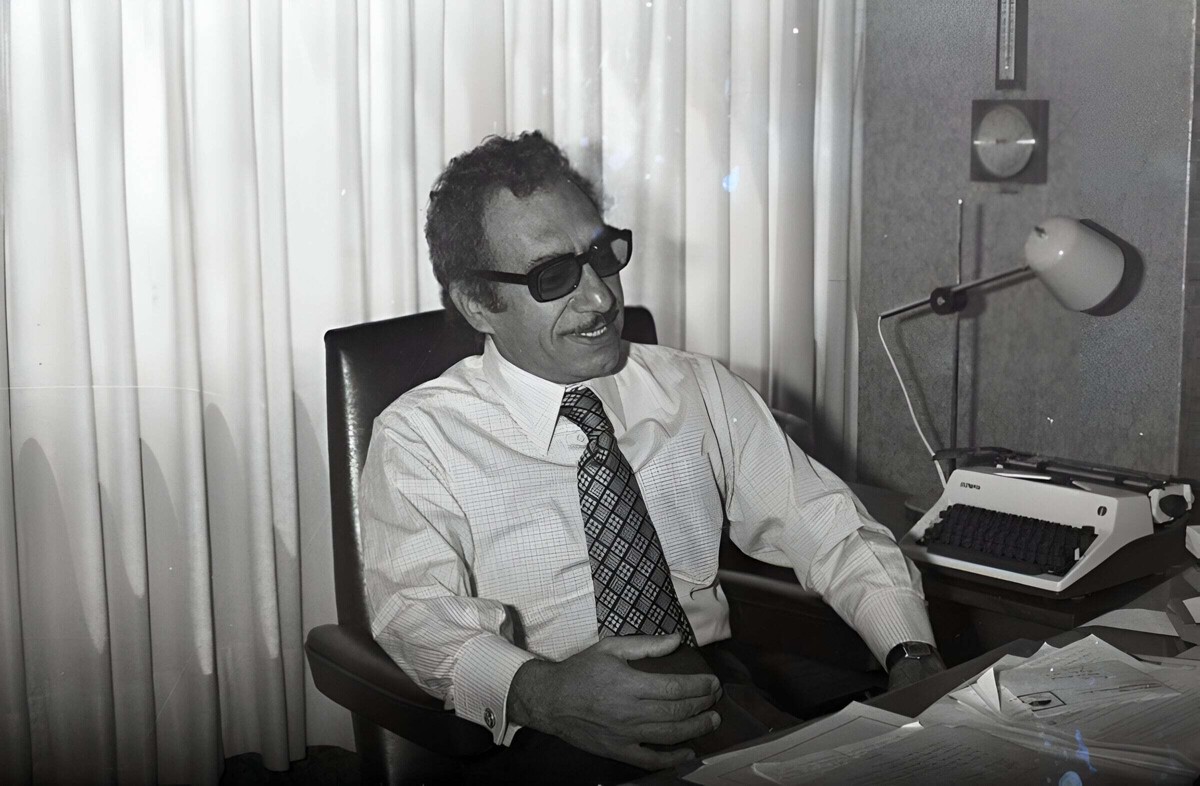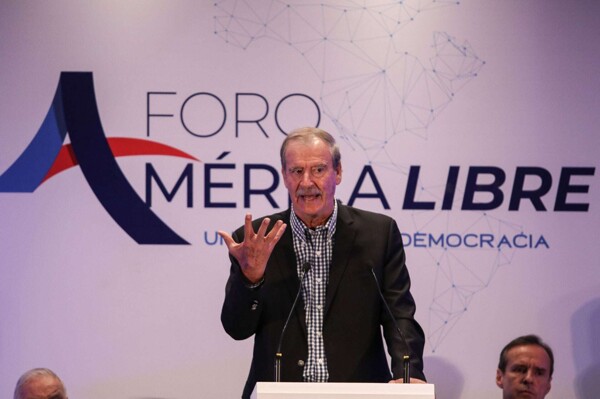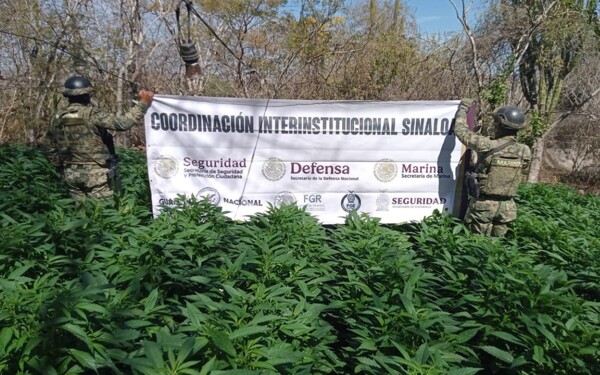
Journalist Francisco Martínez de la Vega praised Manuel Buendía for his "healthy nationalism" during a tribute in June 1984, just a month after the columnist's murder on Insurgentes Avenue.
Martínez de la Vega highlighted Buendía's importance, mentioning that he was currently working on a team that launched a podcast about the execution of the famous columnist nearly forty years ago.
After Buendía's murder, his friends published the book "The Days of Manuel Buendía." In his journalistic approach, Buendía addressed issues of government and union corruption, the interference of American imperialism, and the social and political situation of the country at that time.
Martínez de la Vega recalled Buendía's words on national unity and the need to reduce living standard disparities in Mexico to achieve it. Monsiváis, in his chapter about Buendía, emphasized the journalist's struggle against invisible powers in the eighties.
Buendía believed in the importance of democratizing information for the growth of civil society and combating inequality. His journalistic work focused on unraveling political and economic mysteries, criticizing the incompetence and corruption of politicians.
Buendía's commitment to the Republic, patriotism, and civic responsibility made him an irreplaceable figure in the history of Mexican journalism. His anti-imperialist stance and courage in denouncing injustices and abuses of power are reflected in his informational legacy.














